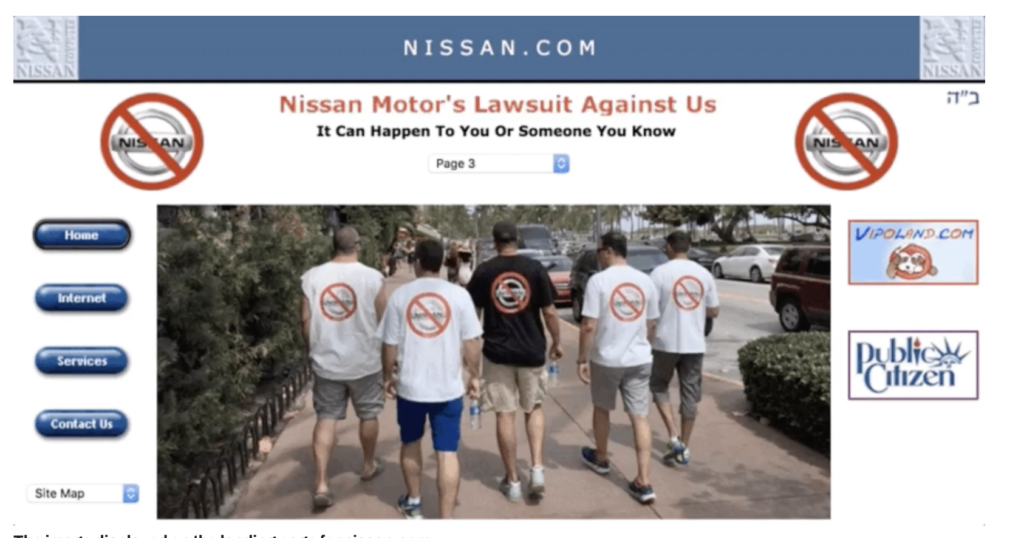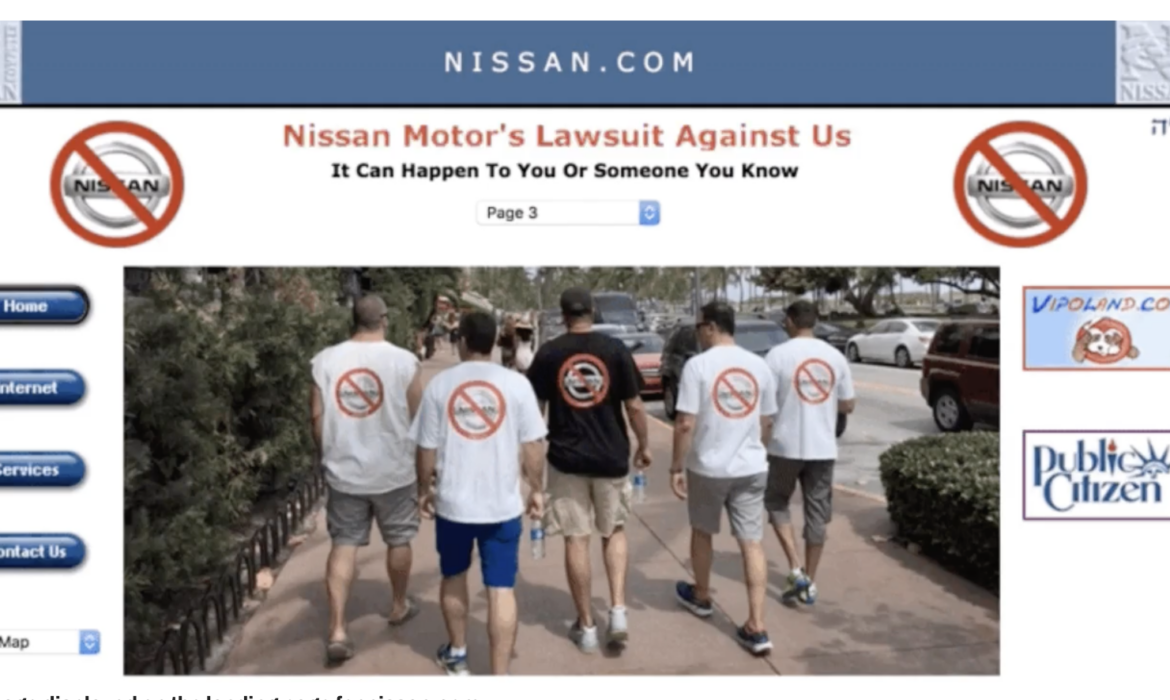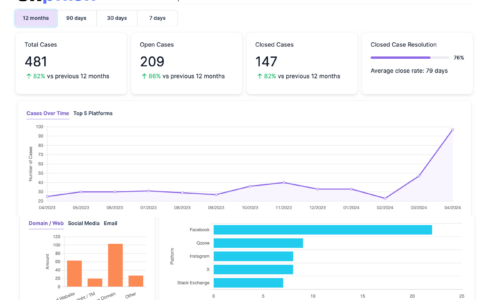Uzi Nissan is a domain name Hall of Famer and a cautionary for brand owners about the perils of missing out on critical domain name assets. In case you are unfamiliar with the name, Uzi Nissan was a computer entrepreneur who in the early days of the wide world web (1994) quietly registered Nissan.com crafting a modest space for his business, Nissan Computer Corp. Little did he know, this unassuming domain would become the focus of a decades-long tussle with an automotive giant, Nissan Motor Co., who sought to claim the domain as their own digital domicile.
 🚗 A Collision Course: Nissan Motor Co., a globally recognized automaker, believed it had a strong case to acquire the Nissan.com domain name due to its substantial brand recognition and the potential for public confusion. The company likely thought that when people visited “Nissan.com,” they were searching for cars, not computers, and thus, the domain should rightfully belong to the automaker to prevent customer confusion and protect its brand identity. Nissan incorrectly assumed that their global brand recognition and resources would tip the legal scales in their favor, securing them nissan.com. Uzi Nissan, disagreed.
🚗 A Collision Course: Nissan Motor Co., a globally recognized automaker, believed it had a strong case to acquire the Nissan.com domain name due to its substantial brand recognition and the potential for public confusion. The company likely thought that when people visited “Nissan.com,” they were searching for cars, not computers, and thus, the domain should rightfully belong to the automaker to prevent customer confusion and protect its brand identity. Nissan incorrectly assumed that their global brand recognition and resources would tip the legal scales in their favor, securing them nissan.com. Uzi Nissan, disagreed.
Court documents showed that nissan.com was receiving over 500,000 visitors a month, and during the court battle Uzi Nissan turned up the heat. During the trial, visitors were met with the below image – which added to the anxiety this domain name was causing Nissan Motors.
🛡️ It’s not a house, it’s a home: “It’s Not Just a Domain, It’s My Name”: Uzi Nissan’s legal battle could easily be a modern echo of Australia’s beloved film, “The Castle.” Much like Darryl Kerrigan, Uzi was unyielding in the face of a giant, defending his right to Nissan.com, a domain not just sharing his surname but also legitimately tethered to his computer business. The courts, navigating this digital domain dispute, sided with Uzi, reinforcing that legitimate domain ownership can indeed shield against even the most potent adversaries.
Uzi Nissan, paralleling Darryl Kerrigan, endured an 8-year battle against Nissan Motor Co., defending his domain name, nissan.com, with unshakeable resolve and ultimately triumphing, illustrating that, even in the digital realm, the underdog can indeed prevail.
🌐 Navigating the Digital Landscape: The tale underscores a pivotal lesson for brands embarking on their digital journey: the imperative of securing a domain that not only reflects but also safeguards their brand identity. Nissan Motor Co., despite its global recognition, found itself relegated to alternative domains, while Nissan.com remained Uzi’s unyielding fortress.
🔐 Digital Stewardship: Securing a domain transcends mere digital ownership; it’s an act of stewardship, preserving a brand’s identity and ensuring a reliable platform for customer interaction. Proactive securing of relevant domain names can prevent brands from unexpected legal disputes and facilitate a smooth digital customer journey.
Nissan.com stands as a digital monument, subtly yet powerfully reminding brands of the importance of securing their domain as a foundational act of digital branding and customer trust.
In conclusion, the tale of Uzi and Nissan.com is not merely a victory of a small business owner over a multinational corporation. It’s a narrative that emphasizes the importance of foresight, legitimacy, and strategic digital defense, ensuring that a brand’s digital journey remains unobstructed and true to its identity.
🔗 The End.
About brandsec
brandsec is an Australian domain name management provider that offers online brand management solutions to corporate and government organisations.
Our services include domain name management, domain name security, domain name policy development, dispute management, monitoring, and enforcement services. Additionally, brandsec offers a comprehensive online brand protection service that covers various platforms such as websites, social media, email, and online marketplaces. The service addresses issues related to counterfeiting, fakes, copyright infringement, intellectual property (IP) matters, piracy, and other intellectual protection-related issues.




